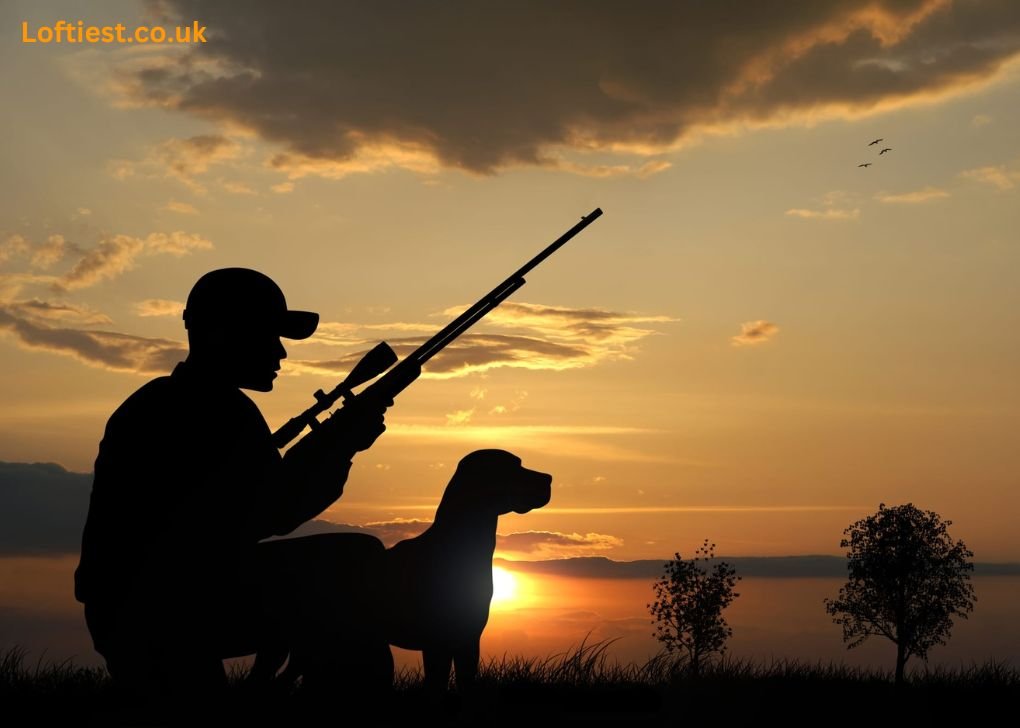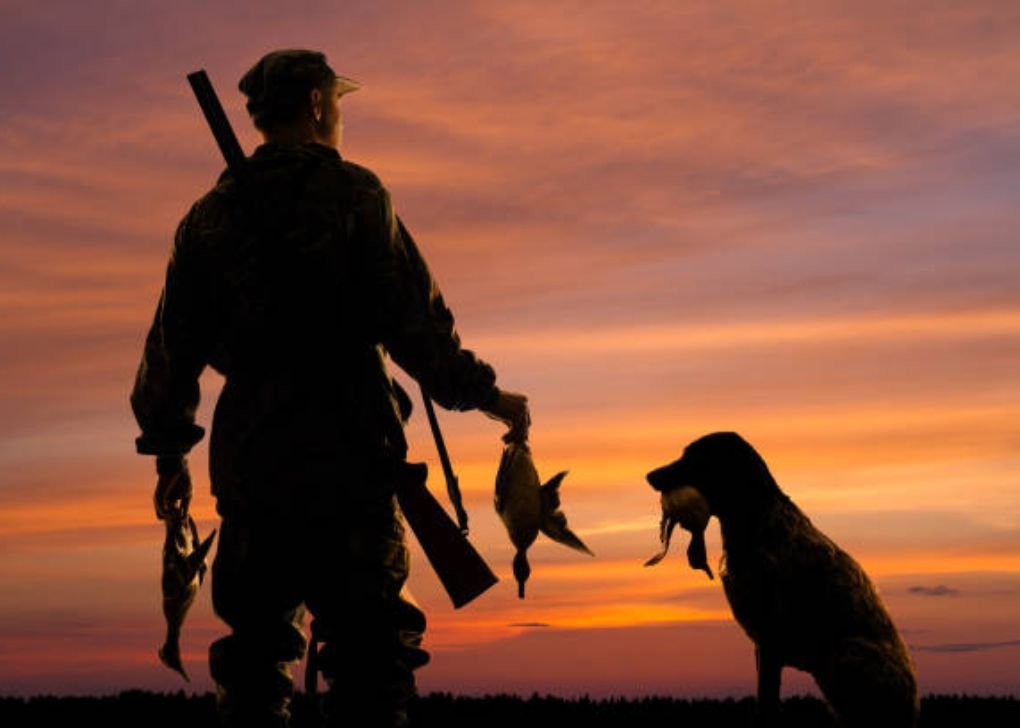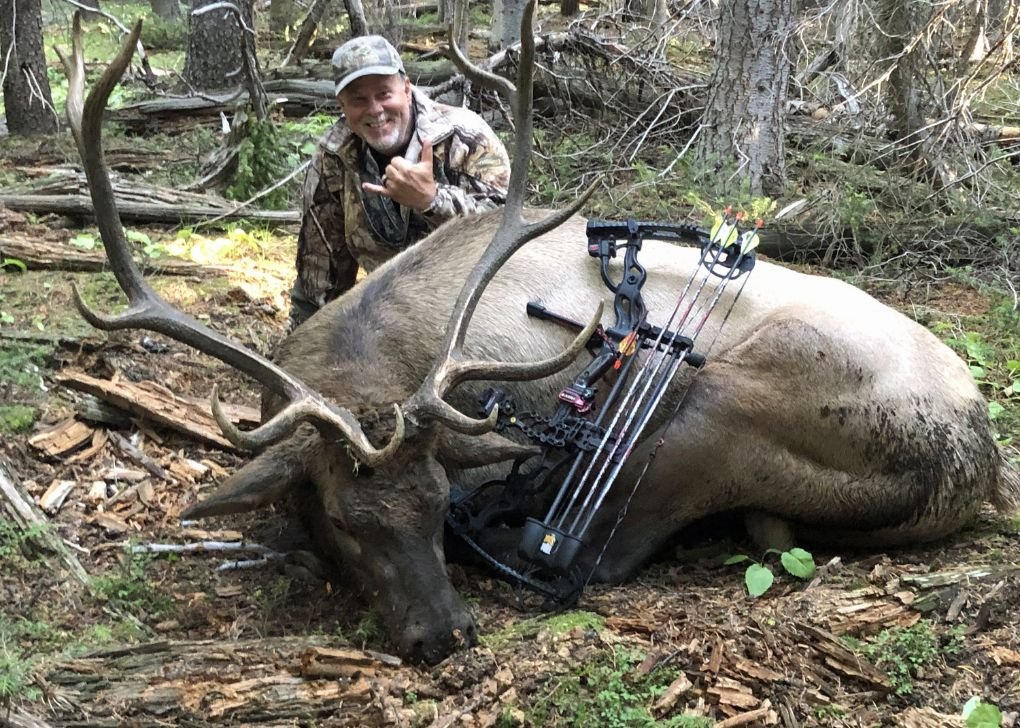Are you an avid hunter looking for a way to turn your passion into a business? Starting your own hunting business can be a great way to combine your love of hunting with a lucrative career. Whether you want to provide guided hunting tours or sell hunting supplies, there are plenty of ways to make money in the hunting business. In this blog post, we’ll explore how to get started and how to make your business a success. From choosing a business model to finding customers, we’ll cover it all so you can make your hunting business a reality. So, let’s dive in and get started on your very own hunting business!
Finding Your Niche in Sports Hunting
Finding your niche in the sports hunting industry is crucial to the success of your hunting business. With so many different types of hunting available, it’s important to identify what sets you apart and appeals to your target audience. One way to find your niche is by considering your own interests and expertise.
Do you have a particular passion for bowhunting or waterfowl hunting? Perhaps you have extensive knowledge of tracking techniques or specialized in hunting in certain terrains. By focusing on what you enjoy and excel at, you can attract like-minded hunters who share your enthusiasm.
Another aspect to consider when finding your niche is your target market. Who are your ideal customers? Are they trophy hunters, weekend enthusiasts, or families looking for a unique outdoor experience? Understanding your target market will help you tailor your services and marketing strategies to appeal to their specific needs and desires.
Identifying Your Niche
Identifying your niche is a key step in starting your sports-hunting business. With so many small hunting businesses out there, it’s important to find what sets you apart. Consider your unique skills, expertise, and interests in order to find a specialized area within the hunting industry.
Whether it’s offering guided hunts in a specific region, focusing on a particular species, or providing specialized equipment or services, identifying your niche will help you stand out from the competition and attract the right customers. Remember, finding your niche is about finding the sweet spot where your passion meets the needs of your target market.
Creating a Business Plan
Creating a business plan is an essential step in starting your sports hunting business. This document will outline your goals, strategies, and financial projections, providing a roadmap for success. Start by brainstorming hunting business ideas and determining how you want your business to operate. Consider factors such as target market, competition, and pricing.
Then, develop a detailed plan that includes sections on marketing, operations, and financials. A well-crafted business plan will not only help you stay organized but also attract investors and secure financing. Take the time to carefully craft your plan, as it will serve as the foundation for your hunting business.
Obtaining Necessary Licenses and Permits
Obtaining the necessary licenses and permits is a crucial step in starting your sports hunting business. The hunting industry is highly regulated, and you must ensure that you have all the legal documentation in place before you can operate legally. Research the specific licenses and permits required in your area, which may include hunting licenses, guide permits, and firearm licenses. Contact your local wildlife management agency or regulatory body to find out the exact requirements. By obtaining the necessary licenses and permits, you will demonstrate your commitment to operating within the legal boundaries of the hunting industry and gain the trust of your customers.
Setting up Your Hunting Outfit
When it comes to setting up your hunting outfit, there are a few key things to consider. First, you’ll want to decide if you’ll be operating as a small hunting business. If so, you’ll need to invest in the necessary equipment and gear. This could include firearms, bows, clothing, and other accessories. Additionally, you’ll need to establish a system for organizing and transporting your equipment, such as a storage shed or trailer.
Finally, don’t forget about safety! Make sure to invest in proper safety gear and training for yourself and any employees or guides you may have. By taking the time to properly set up your hunting outfit, you’ll be well-prepared to provide a memorable and successful hunting experience for your customers.
Establishing a Marketing Strategy
Establishing a marketing strategy is a crucial step for small hunting businesses looking to thrive in the competitive industry. Start by brainstorming unique hunting business ideas that will set you apart from the competition. Consider your target market and develop strategies to reach and engage them effectively.
Utilize online platforms, social media, and targeted advertising to spread the word about your hunting business. Don’t forget the power of word-of-mouth marketing and building relationships with local hunting clubs and organizations. By establishing a comprehensive marketing strategy, you’ll be able to attract customers and grow your sports hunting business.
Ensuring Legal and Ethical Compliance
When starting your own sports hunting business, it is important to ensure that you are operating within the legal and ethical boundaries of the industry. This includes obtaining the necessary licenses and permits, as well as following all applicable hunting regulations. It is also essential to prioritize ethical hunting practices, such as practicing fair chase and respecting the environment and wildlife.
By ensuring legal and ethical compliance, you will build a trustworthy reputation for your business and contribute to the long-term sustainability of the hunting industry. Remember, a successful hunting business is one that operates with integrity and upholds the highest standards of legality and ethics.


